Day 6: Diabesity and Prevention
We have an epidemic on our hands. It’s a deadly disease that one of every two people have, a disease that’s making people fat and sick, and yet, 90 percent of people don’t know they have it.
This disease is diabesity, the continuum of abnormal biology that ranges from mild insulin resistance to full-blown diabetes.
We know that diabetes is occuring in record numbers. We’ve even had to re-categorize “adult onset diabetes” to “type II” because of the large numbers of children experiencing its symptoms. Pharmaceutical companies are spending millions in research and development to come up with new treatments to fight diabetes, but very little in the form of prevention.
Today’s video will lay out the symptoms and lifestyle choices of a pre-diabetic. You might be surprised how many boxes you check... Together we’ll test to see if you’re suffering from this condition and we will discuss effective methods to reverse the damage.
~Dr. Mark Hyman
Day 1: Health Care vs. Sick Care


Day 2: Vital Signs


Day 3: Nutrition


Day 7: Inflammation


Day 8: Metabolism


Day 9: Detoxification


Day 10: Digestion


Your health journey will continue for years to come...
The full course includes:
We commend you for showing up here and now. There has never been a better time for taking personal responsibility for your health.
Purchase this course before December 22 to access the exclusive Hacking Your Healthcare participant rate. You’ll be able to stream the course from your computer or mobile device anytime you’d like!
The full course includes 10 lectures, daily handouts, self-diagnostic quizzes, audio-only versions, and full course transcripts.
USE YOUR DISCOUNT! GIFT THIS COURSE
Additional Resources
Optimal Ranges & Key Tests
Fasting blood sugar: This is a snapshot of your blood sugar in time. Like we said on Day 3, this is not the best measurement for metabolic disease. Instead we want to look at HbA1C and fasting insulin (see below) to gather more information about how you metabolize sugars.
- Normal: 65-99 mg/dL
- Optimal: 70-80 mg/dL
Fasting insulin: If someone is moving towards diabetes, then the first marker to elevate is insulin, not blood sugar. After insulin has been elevated for a prolonged period of time THEN we will see a rise in blood sugar levels. Thus, fasting insulin and an insulin response test is essential if you are concerned about preventing metabolic dysfunction. And given that 1 in 2 people have diabesity, this is something you should be concerned about.
- Normal: 2.6−24.9 μIU/mL
- Optimal: <5 μIU/mL
- Optimal 1 hour and 2 hours post sugar challenge: <30 μIU/mL
HbA1C: HbA1C is a measure that calculates your average blood sugar over the last 6 weeks. This is a better indicator of your body’s metabolic health than a single measure of blood sugar because it gives us more data points. Your body should be able to regulate your blood sugar tightly—not allowing it to fall too low or go to high.
- Normal: 4.8% - 5.6%
- Optimal: 4.8% - 5.5 %
Apolipoprotein E (ApoE): ApoE is a genetic marker for metabolic disorders and Alzheimer's. ApoE is also a helpful marker if you are curious about a high fat ketogenic diet. This is because people with the ApoE4 allele do not always respond well to a high fat diet, and especially to saturated fat. This population also does not respond well to statin therapy. They typically respond better to a moderate or lower fat diet or other types of fats. But remember, genetics load the gun, environment always pulls the trigger.
- ApoE2 = protective allele
- ApoE4 = increased risk for alzheimer's
- ApoE3/4 (2-3x risk) APOE4/4 (12x risk)
Additional resources
Eat Fat Get Thin and Food: What the Heck Should I Eat? by Dr. Mark Hyman, MD
The content in this course has been made available for informational and educational purposes only. This content is provided on the understanding that it does not constitute medical or other professional advice or services. Always work with qualified healthcare practitioner when making changes to your medication, diet or overall healthcare plan.





